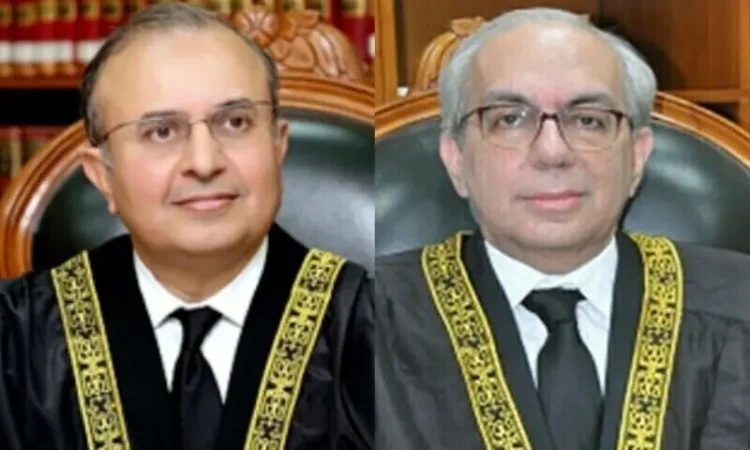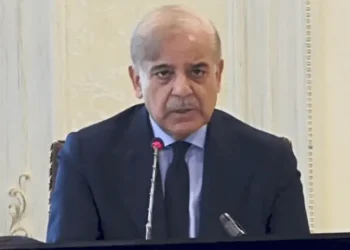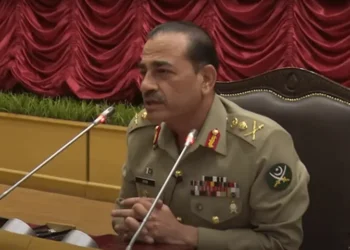ISLAMABAD; A new controversy has surfaced within Pakistan’s top judiciary after Supreme Court judges Justice Mansoor Ali Shah and Justice Munib Akhtar voiced serious objections to the recent amendments made to the Code of Conduct for superior court judges.
The two judges warned that the changes, approved by the Supreme Judicial Council (SJC) on October 18, could severely restrict judicial freedom and allow both internal and external control over the judiciary’s independence.
The amendments, endorsed during a meeting chaired by Chief Justice of Pakistan (CJP) Yahya Afridi, prohibit superior court judges from engaging in public controversies or media interactions, especially on political issues. The updated Code also introduces new restrictions on judges’ social and diplomatic activities.
In a letter addressed to the SJC chairman and members, Justices Shah and Akhtar said they had earlier submitted their comments in writing, dated October 17, expressing reservations about the scope and process of these amendments.
The judges highlighted what they called an “unconstitutional” move by the National Judicial Policy-Making Committee (NJPMC) to discuss the Code of Conduct — a matter they argued lies exclusively within the SJC’s jurisdiction.
They cautioned that the new provisions would “transform an open and collegial institution into a closed and hierarchical one,” adding that the rules could be manipulated to suppress dissenting judicial voices.
Among their key concerns was the amendment to Article V, which now prohibits judges from speaking, writing, or commenting publicly on controversial or political matters — even those involving legal questions. The judges said the vague language used in defining “public controversy” could cover nearly every matter of constitutional importance.
Justice Shah and Justice Akhtar also objected to a new clause (Article XIX) requiring judges who face any external influence to report it to their chief justice, who would then inform the CJP.
They argued that in the current political climate, such a system could be misused to silence judges resisting external pressure.
They further criticised restrictions barring judges from attending social, political, or diplomatic functions, saying this would “reduce the judiciary’s visibility and its connection to society.”
Another clause treating the solicitation of international conference invitations as misconduct was called “unreasonable,” as such events promote comparative legal learning.
The judges expressed concern that the new rules could result in self-censorship, with judges avoiding commentary even on constitutional matters out of fear of disciplinary action. They warned this would undermine intellectual discourse and constitutional development.
They also questioned the legitimacy of the October 18 meeting itself, recalling that they had earlier requested postponement due to pending cases that could affect the composition of the SJC — including challenges to the seniority of Islamabad High Court Chief Justice Sardar Muhammad Sarfraz Dogar and the 26th Constitutional Amendment.
The judges concluded that adopting the new Code amid such legal uncertainties was constitutionally inappropriate and risked further eroding judicial independence.





































































